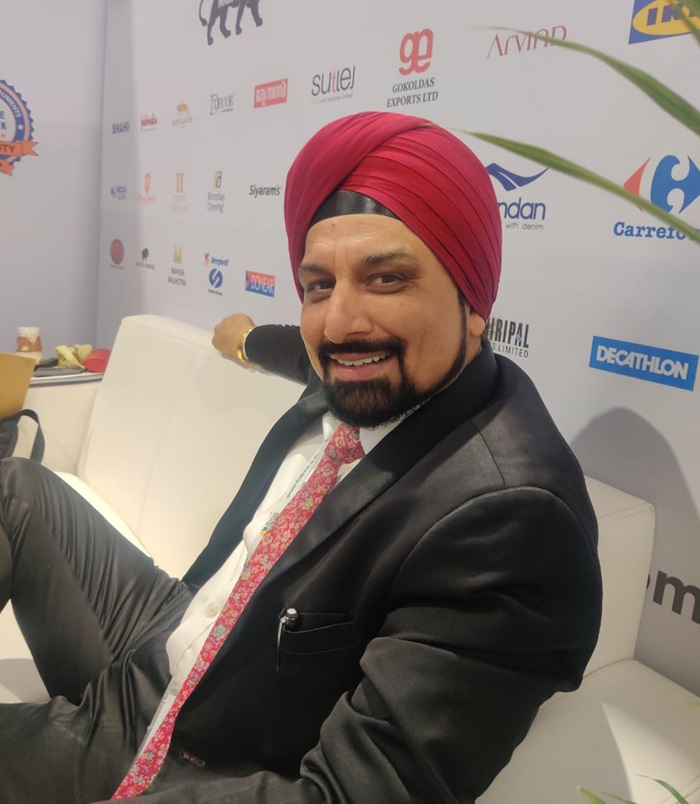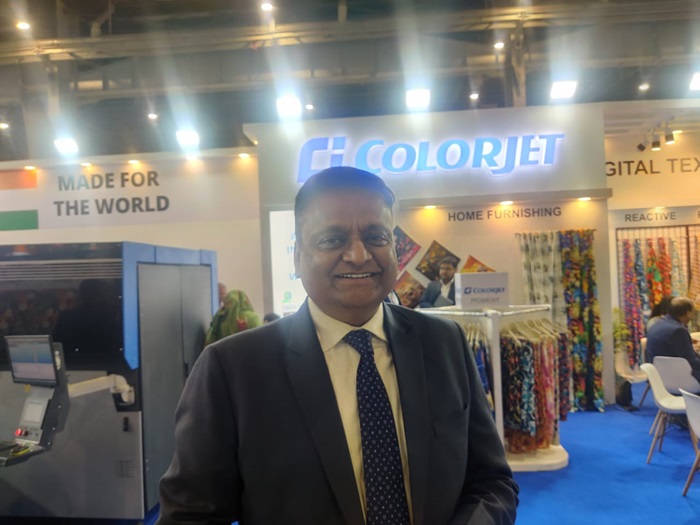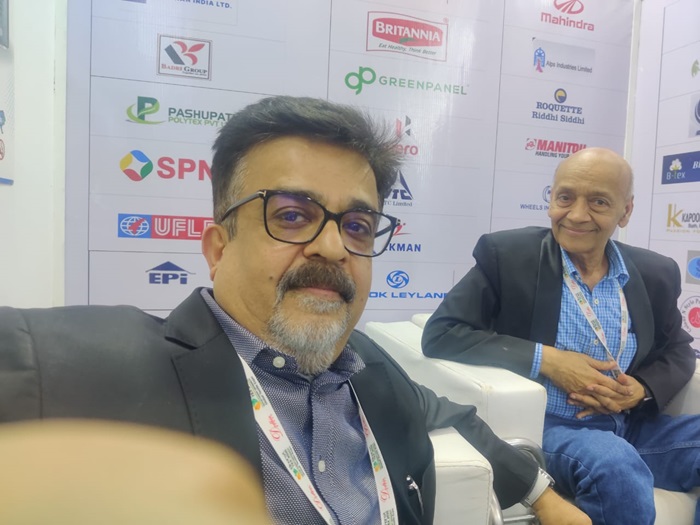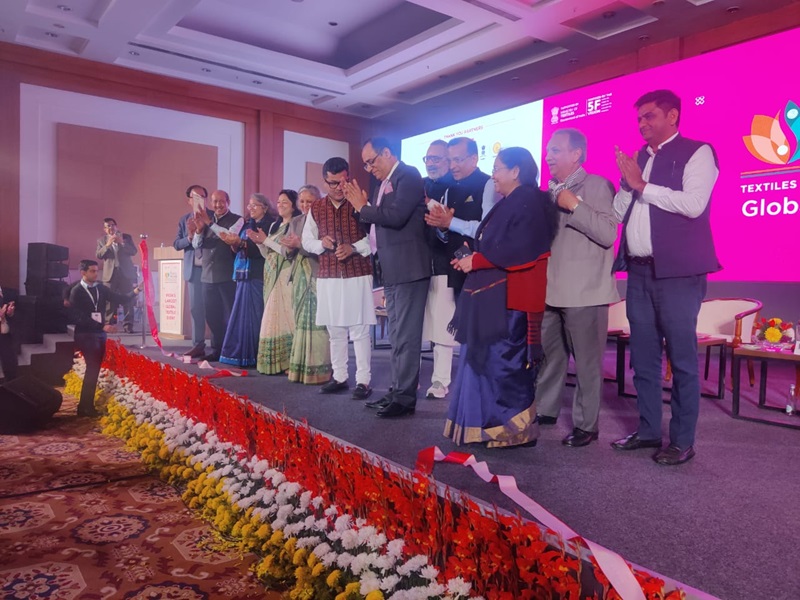Removing foreign parts from cotton is a major challenge, but Trutzschler’s T-SCAN technology is revolutionizing contamination control in rotor applications. Already proven in cotton ring lines, T-SCAN is now helping Indian spinners enhance yarn quality with its advanced detection and ejection system.
Cotton bales often contain unwanted materials like plastic, jute, metal, and colored contaminants, which can lead to yarn rejection. Polypropylene, in particular, poses a significant issue as it affects dye absorption and weakens fabric integrity. While ring spinning relies on yarn clearers to address this, rotor spinning faces limitations in polypropylene detection.
Enter T-SCAN. Its latest models, TS-T3 and TS-T5, effectively eliminate contaminants with specialized sensor modules. These systems remove various polypropylene types, including transparent and glossy variants, making them ideal for rotor and recycling applications.
Trutzschler customers in India are witnessing remarkable improvements. Ahmedabad-based Nandam Terry and Nandam Denim report significantly reduced color contamination with minimal cotton loss. “Fabric appearance has improved, and we now supply contamination-controlled yarn to premium brands,” says Ashish Raval, Vice President Spinning.
Thiagarajar Mills Ltd. in Madurai, a major denim yarn producer, has also adopted TS-T5 for rotor spinning. “Our contamination levels have dropped drastically, and maintenance is easy,” notes Senior VP Muthupalaniappa M.
Blue Rose Cotspin LLP, producing 20 tons of yarn daily, praises the TS-T3 for eliminating contamination complaints. Meanwhile, Punjab-based Patiala Gold LLP highlights its high efficiency and minimal downtime.
With up to 80 per cent less compressed air usage, T-SCAN ensures maximum separation with minimal fiber loss. Its low-maintenance, energy-efficient design makes it a game-changer for spinners striving for premium-quality yarn.












